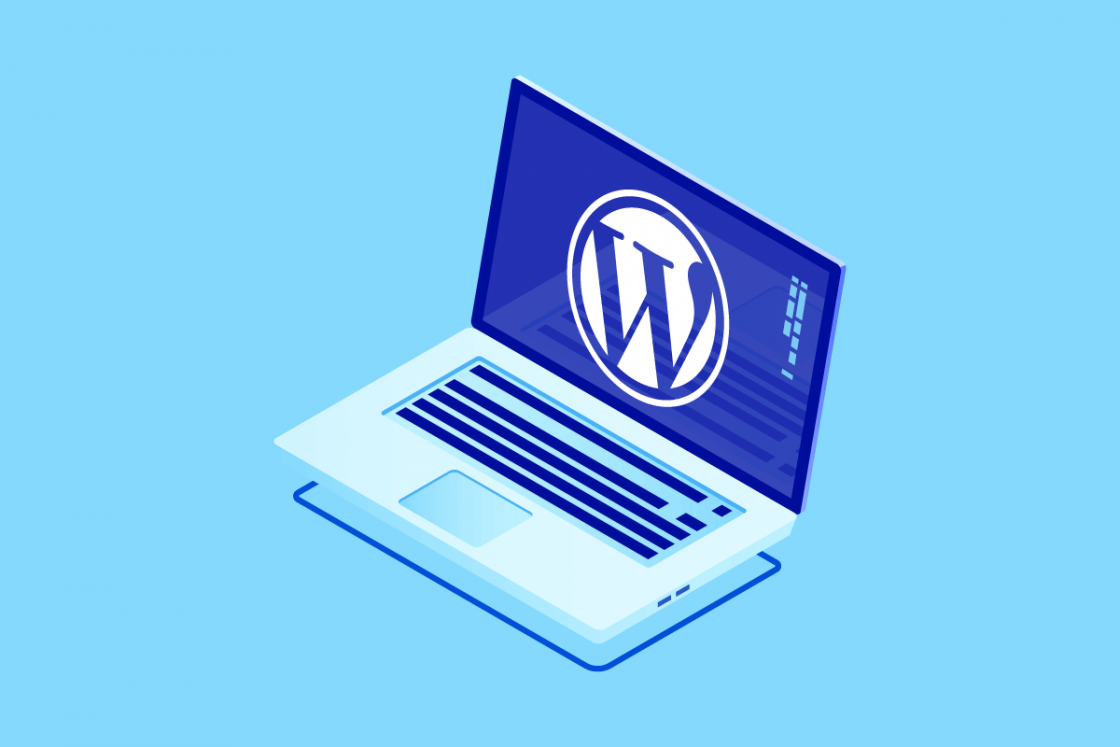info@sadi.co.ke
+254727368241
For over a decade, WordPress has been the backbone of millions of websites worldwide. Alongside its growth, managed WordPress hosting emerged as a premium service offering speed, security, and expert support tailored specifically to WordPress sites. But as technology and hosting options evolve in 2025, one question stands out: is managed WordPress hosting still worth it?
What Is Managed WordPress Hosting?
Unlike standard shared hosting, managed WordPress hosting is optimized exclusively for WordPress. Providers handle technical tasks like updates, performance monitoring, automatic backups, and security hardening. This lets users focus on content and business rather than server maintenance.
Benefits That Still Matter in 2025
Performance: Optimized servers and caching tools for faster load times.
Security: Built-in firewalls, malware scanning, and automatic updates.
Support: Dedicated teams that specialize in WordPress troubleshooting.
Convenience: Hands-off maintenance for busy businesses.
The Challenges Today
Cost: Managed hosting is still pricier than shared or VPS solutions.
Flexibility: Advanced developers may find restrictions limiting.
Competition: Cloud hosting and serverless platforms are catching up with scalability and automation features.
Who Should Still Choose Managed Hosting?
Small Businesses & Bloggers: Those who want peace of mind without technical headaches.
E-Commerce Stores: Especially WooCommerce users who need stability and support.
Agencies: Managing multiple client sites efficiently.
The Verdict in 2025
Managed WordPress hosting remains relevant and valuable, but it’s no longer the only premium option. With the rise of cloud-based alternatives and AI-driven hosting solutions, businesses should weigh their priorities: simplicity and support vs. flexibility and scalability. For many, managed hosting is still worth the investment—especially for WordPress-centric projects.
 September 03, 2025 - BY Admin
September 03, 2025 - BY Admin